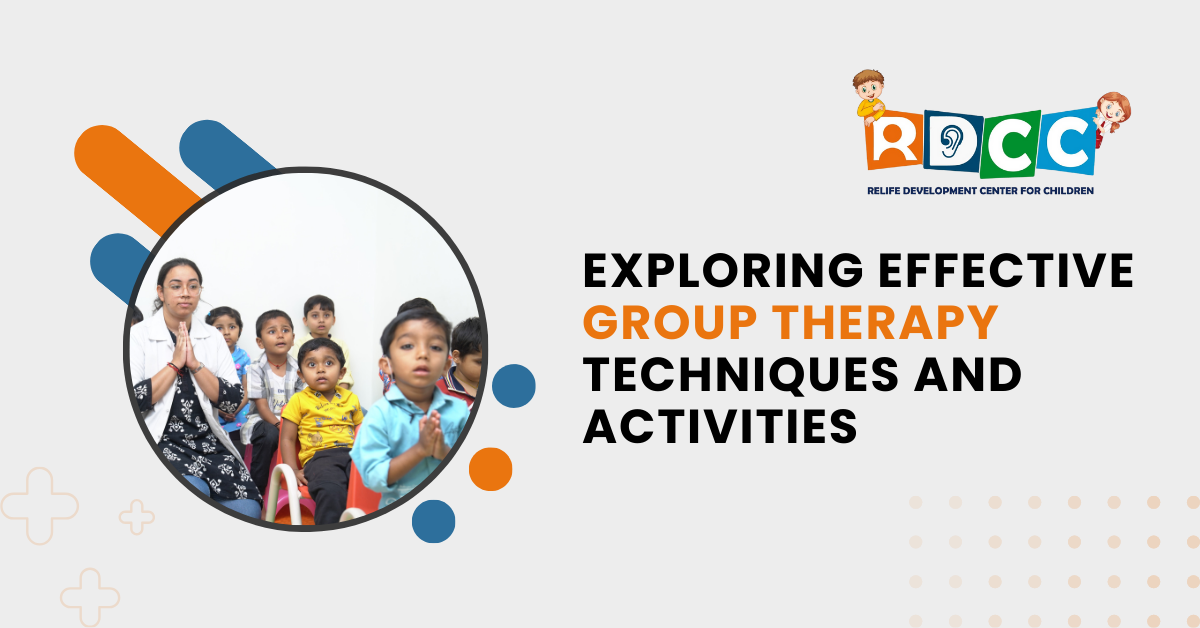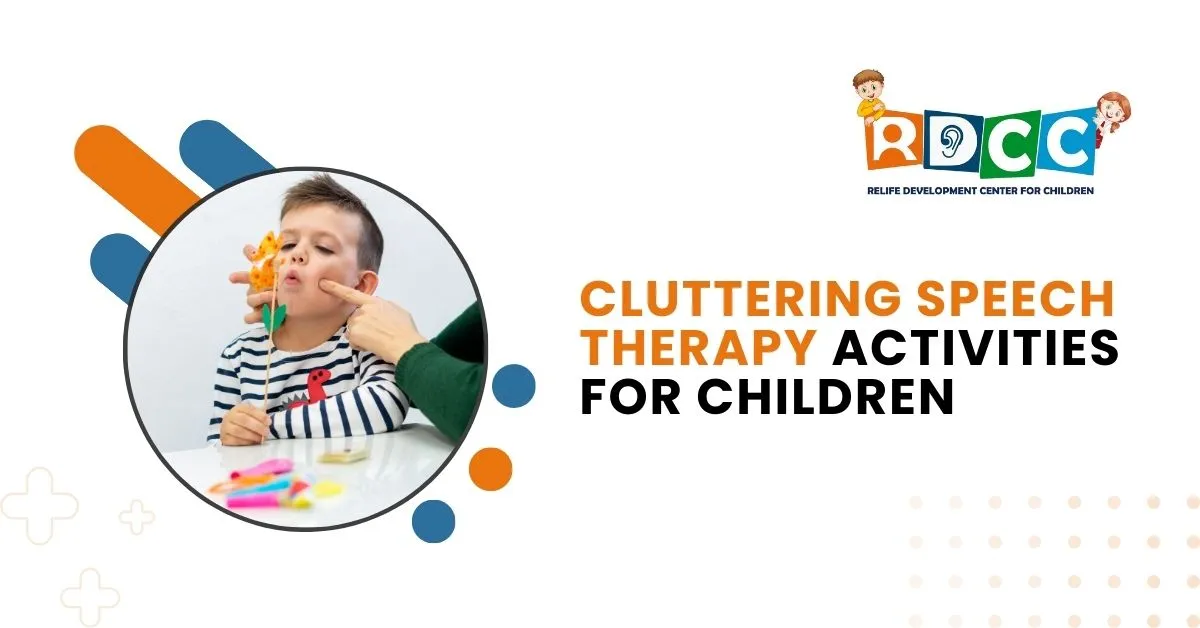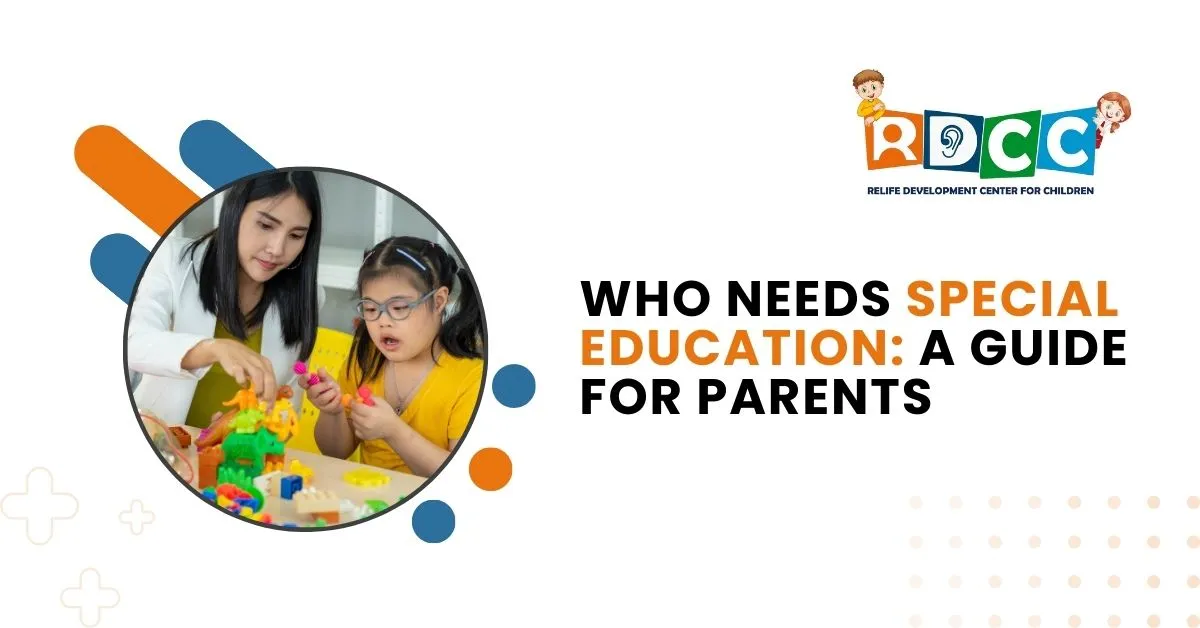
At RDCC Healthcare, Vadodara’s leading Child Development Centre, we are committed to offering comprehensive therapeutic services that cater to the diverse needs of our clients. Group Therapy is one of the powerful interventions we employ to enhance mental health and foster social skills. This blog explores effective group therapy techniques and activities, focusing on their benefits for individuals, including those with autism.
What is Group Therapy?
Group Therapy involves one or more therapists working with several clients simultaneously. This Therapeutic Approach leverages the dynamics of group interaction to facilitate Emotional Healing, Behavioral Change, and Personal Growth. It is particularly effective in helping individuals feel less isolated, as they connect with others facing similar challenges.
Group Therapy Techniques
Cognitive Behavioral Therapy (CBT) Groups
- CBT Groups focus on identifying and altering negative thought patterns and behaviors.
- Participants engage in discussions and exercises that help them understand the connection between Thoughts, Emotions, and Actions.
Psychoeducational Groups
- These groups aim to educate participants about specific psychological issues or disorders.
- Therapists provide Information, Coping Strategies, and Practical Skills to manage symptoms effectively.
Support Groups
- Support groups provide a safe space for individuals to share their experiences and receive emotional support.
- The facilitator encourages Open Communication, Empathy, and Mutual Support among Members.
Skill Development Groups
- These groups focus on building specific skills, such as Social Skills, Anger Management, or Coping Strategies.
- Activities and Role-playing Exercises are commonly used to practice and reinforce new skills.
Group Therapy Activities
Icebreakers and Trust-Building Exercises
- Activities like “Two Truths and a Lie” or Trust Falls help group members feel comfortable and connected.
- These exercises set the stage for open communication and collaboration.
Role-Playing
- Participants act out scenarios to practice new behaviors and responses in a safe environment.
- Role-playing is particularly useful for developing social skills and coping strategies.
Art and Creative Expression
- Art Therapy Activities, such as Drawing or Music, allow individuals to express Emotions Non-verbally.
- These activities promote Self-expression, Creativity, and Emotional Release.
Mindfulness and Relaxation Techniques
- Guided Meditation, Deep Breathing Exercises, and Progressive Muscle Relaxation help reduce Stress and Anxiety.
- Mindfulness activities improve Emotional Regulation and Self-awareness.
Frequently Asked Questions
What is Group Therapy and How Does It Work?
Group Therapy involves therapists working with multiple clients simultaneously, utilizing group dynamics to enhance emotional healing and personal growth.
What Types of Group Therapy Techniques are Used at RDCC Healthcare?
We employ Cognitive Behavioral Therapy (CBT), Psychoeducational Groups, Support Groups, and Skill Development Groups to address various Psychological Issues Effectively.
What are the Benefits of Participating in Group Therapy Sessions?
Group Therapy fosters Social Skills, reduces Feelings of Isolation, and promotes Emotional Support among Participants, Leading to Enhanced Mental Well-being.
What Activities are Included in Group Therapy Sessions?
Activities range from Icebreakers and Role-playing to Art Therapy and Mindfulness Exercises, designed to encourage Self-expression and improve Coping Strategies.
Is Group Therapy suitable for Individuals, including those with Autism?
Yes, Group Therapy is beneficial for diverse needs, including autism, by providing a supportive environment for Emotional Healing and Skill Development.
Conclusion
Group Therapy at RDCC Healthcare is a valuable approach to improving mental health and social skills. Our diverse range of techniques and activities are designed to meet the unique needs of our clients, including those with autism. We help individuals achieve Emotional Healing, Behavioral Change, and Personal Growth by fostering a supportive group environment. For more information about our Group Therapy Programs, Contact RDCC Healthcare Today.




